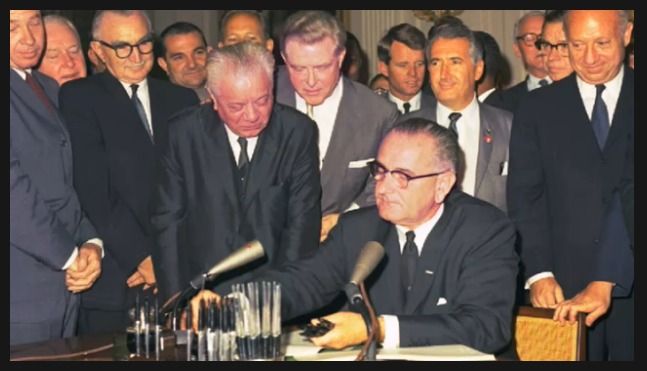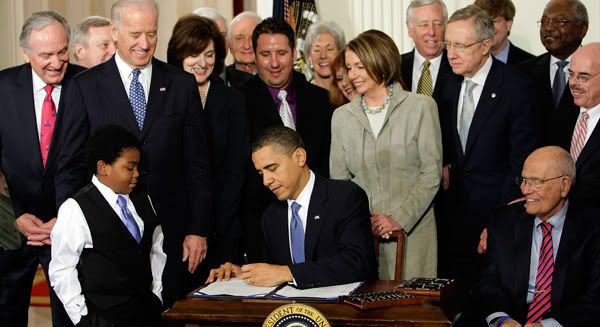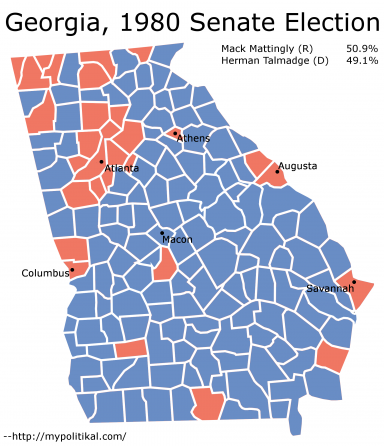I sat down at my keyboard this morning ready to write about the 2016 presidential election, this time to weigh in on the Democratic Party’s nominating contest. I had read a troubling interview, from the Sunday morning talk shows, given by one of the not-quite-announced Democratic candidates and it reminded me of how important it is to keep our eye on the big picture.

After scanning my news feed, I found that I didn’t have to start from scratch because Michael Tomasky, in an article in the 150th Anniversary Edition of The Nation, had already made many of my points for me. His piece, snarkily titled “Lesser-Evilism We Can Believe In” included a sub-heading that asks this important question: “Should we put government in the hands of a party determined to subvert it, or a party – however flawed – that believes it still has a role to play in securing the common good?”
(p.s. I chose the latter)



